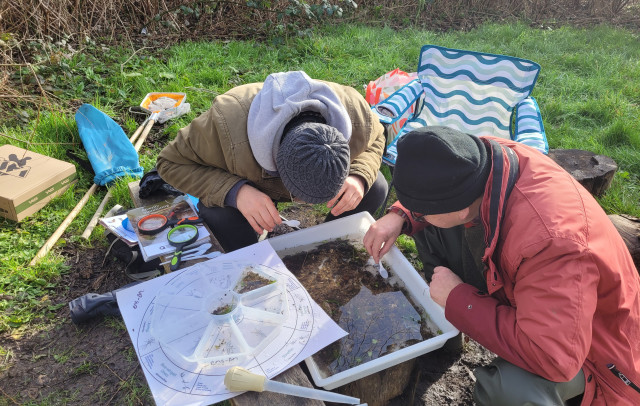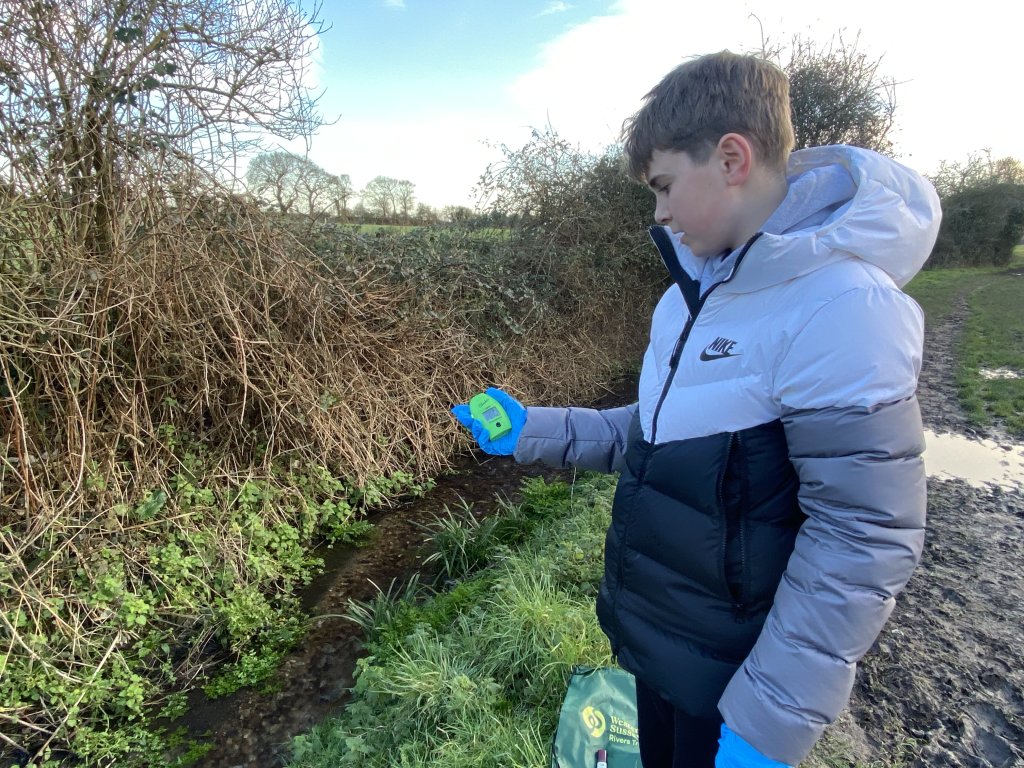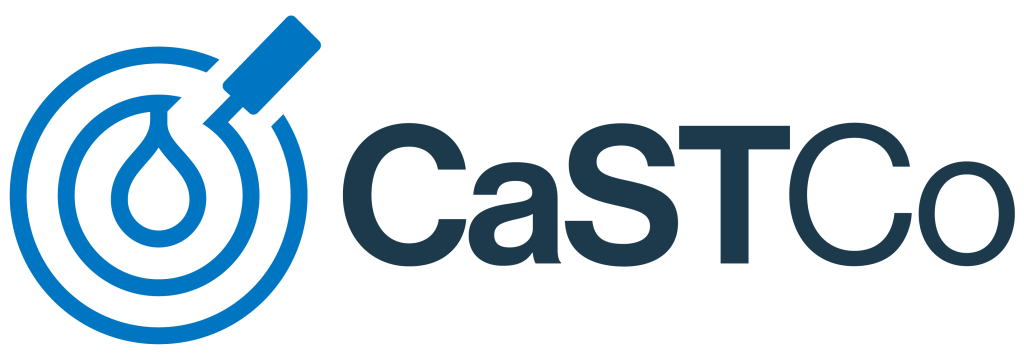Catchment Systems Thinking Cooperative (CaSTCo) is…
A £7.1m, 3-year project funded by the OFWAT Innovation Fund .
A highly collaborative project, bringing together 30+ partners (including 12 water companies).
Creating the first national, standardised catchment framework that integrates monitoring and data management, seeking to provide one single source of information.
About bringing people together, improving trust, transparency, data sharing and collaboration across all sections in the catchment.
The Challenge
Our rivers are in a sorry state and reductions in statutory monitoring has resulted in poor regulation and a lack of available information in relation to river health, leading to an increasing evidence gap and misdirection of resources. There is also a lack of acceptance to integrate citizen science data with other data sets.
Aims and Targets of CaSTCo
Develop: a citizen science monitoring programme for ongoing monitoring across the Arun catchment which will feed into the national framework for citizen science approaches and test different monitoring methods, specifically in relation to bacteria sampling.
Engage: individuals and communities within the Arun catchment to get involved with deriving evidence for catchment management.
Integrate: citizen science data with that from other sources to build a picture of catchment health and identify opportunities for future work.
Citizen Science
Citizen Scientists are members of the general public who take part in data collection or analysis for science.
The aim is to empower Citizen Scientists (CitSci) to collect and share data which can be used by organisations such as the Arun & Western Streams Catchment Partnership, Environment Agency, Southern Water, local councils and authority, and all other organisations or individuals with interest in our river systems.
To find out more on the dedicated CaSTCo website.
WSRT’s Role in CaSTCo’s Work
Some of our projects are supported by CaSTCo. These projects are based in the Arun & Rother catchments ‘Demonstration Area’ (Demo+). Click on the links below to find out more about the work we’re doing. These projects rely on Citizen Science and partnership working:


